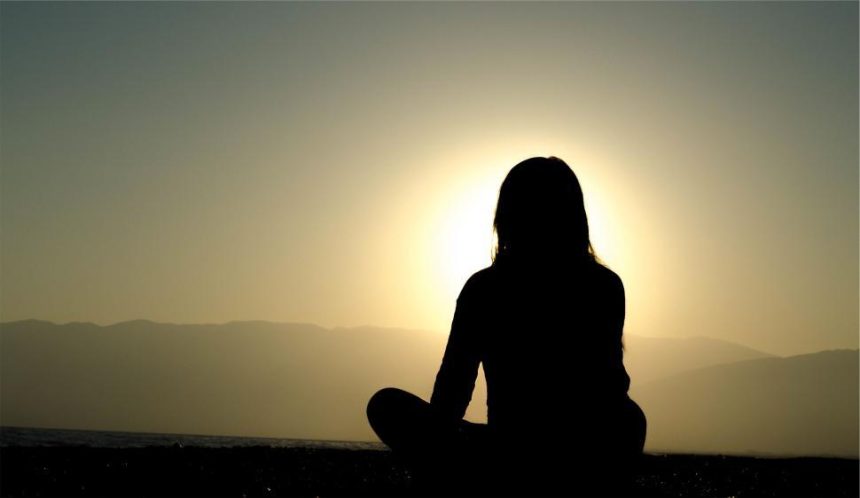In a world saturated with choices, clutter, and consumption, a growing number of people are choosing to live with less. Minimalism—once a fringe design aesthetic—has become a powerful movement grounded in psychology, self-awareness, and a desire for clarity in an overstimulated world. But what makes owning fewer things so mentally liberating? Science and psychology provide some compelling answers.
What Is Minimalism?
Minimalism is more than just decluttering or owning a sleek, monochrome wardrobe. At its core, minimalism is a mindset: the intentional promotion of what we value most and the removal of everything that distracts us from it.
It’s about quality over quantity, and meaning over materialism—not living with nothing, but living with only what truly matters.
The Burden of Too Much
Cognitive Overload
The human brain can only process a limited amount of information at a time. When surrounded by clutter, our cognitive resources are taxed, making it harder to focus and process information effectively. Studies show that messy environments increase stress, reduce productivity, and impair memory.
Decision Fatigue
From picking outfits to choosing what to eat, every choice drains mental energy. Minimalism simplifies decisions by reducing unnecessary options. Fewer possessions mean fewer decisions—freeing up mental space for more important matters.
Why We Accumulate: The Psychology of More
Our desire to accumulate is often driven by emotional rather than practical needs:
- Status and identity: We buy things to project success, individuality, or belonging.
- Fear of missing out (FOMO): Sales and trends create pressure to keep up.
- Emotional comfort: Shopping can act as a quick fix for boredom, anxiety, or sadness.
But the dopamine rush from buying new things is fleeting. Long-term satisfaction often comes from experiences, relationships, and purpose, not possessions.
Minimalism and Mental Health
Less Stuff, Less Stress
A study published in the Journal of Environmental Psychology found that women who described their homes as “cluttered” had higher levels of cortisol (a stress hormone) than those who didn’t. Minimalist environments promote feelings of calm and control.
More Gratitude and Presence
Minimalism encourages mindfulness—being present and appreciating what you have. It shifts focus from acquiring to experiencing, helping people savor life more deeply.
Enhanced Self-Awareness
Letting go of excess forces you to examine your values. Why did you buy that? What truly matters? This process fosters intentional living, self-reflection, and emotional resilience.
Minimalism in Practice: It’s Not One-Size-Fits-All
There’s no single way to be a minimalist. It can look like:
- Owning 30 items of clothing instead of 300.
- Cutting social media time to 30 minutes a day.
- Reducing your digital subscriptions and email noise.
- Living in a smaller home that’s easier to manage.
Minimalism isn’t about deprivation—it’s about liberation from distractions that don’t serve you.
Digital Minimalism: The New Frontier
In our hyperconnected era, digital clutter is as stressful as physical clutter. Constant notifications, infinite scrolling, and information overload sap our focus.
Digital minimalism means:
- Curating your apps and social feeds.
- Setting boundaries on screen time.
- Choosing intentional tech use that aligns with your goals.
It’s not about disconnecting—it’s about reconnecting with what matters.
Conclusion: A Life of Less, But So Much More
Minimalism isn’t about empty shelves or bare walls—it’s about making room: for peace, purpose, and people. The psychological benefits are clear—less clutter leads to more clarity, less stress leads to more joy, and fewer distractions lead to deeper focus.
In choosing less, we may just discover that we already have everything we need.
As minimalist advocate Joshua Becker puts it:
“The first step in crafting the life you want is to get rid of everything you don’t.”











